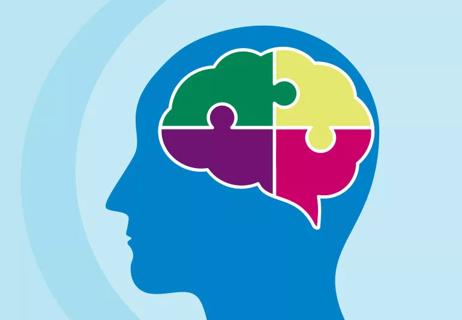Advertisement
Study reveals surprising results about change in daily lives

Life after suffering a stroke typically involves some degree of physical disability. But a new study shows that the physical effects of a stroke are only one of several profound changes — differences that may not be apparent to others.
Advertisement
Cleveland Clinic is a non-profit academic medical center. Advertising on our site helps support our mission. We do not endorse non-Cleveland Clinic products or services. Policy
The research uncovered three main areas where stroke survivors experienced the most change in their daily lives: physical function, cognitive ability and satisfaction with their roles in society.
The study looks at what problems affect people most after a stroke and it provides a broader picture than what some may usually expect to see, says Cleveland Clinic neurologist Irene Katzan, MD, one of the study’s authors.
“After a stroke, people who have mild disability can often have ‘hidden’ problems that can really affect their quality of life,” Dr. Katzan says.
“For people with more disability, what bothers them the most? Problems with sleep? Depression? Fatigue? Not many studies have asked people how they feel about these problems, and we doctors have often focused just on physical disability or whether they have another stroke,” she says.
The study looked at 1,195 people who had suffered an ischemic stroke, which is the type of stroke where blood flow to part of the brain is blocked. Participants answered questions about aspects of their physical function and quality of life.
Previous studies have looked at mental well-being following a stroke, Dr. Katzan says. But this study compared how much people felt impacted across multiple aspects of well-being. Stroke survivors were most impacted by thinking and social challenges and difficulties with physical functioning.
In this study, participants found these challenges to be almost equal.
While 63 percent reported greater physical challenges following a stroke compared to the general population, 46 percent reported having increased difficulty with thinking. Likewise, 58 percent reported greater dissatisfaction with their ability to participate in social and work-related activities.
More needs to be done to focus on the thinking and social problems that people face after a stroke because they can greatly impact a person’s overall quality of life, Dr. Katzan says.
The study provides an opportunity for caregivers and family members to understand what these stroke survivors are going through, she says.
Advertisement
“A decline in physical function is the hallmark of a stroke, but fewer people realize that stroke patients also have difficulties with thinking, and that stroke patients really can feel disconnected from society and from their previous roles in society, which can be very dissatisfying for them,” she says.
It can be useful for stroke survivors to talk to their family or their doctor about these problems, Dr. Katzan says.
While no specific treatments can improve a stroke patient’s ability to think, caregivers can use strategies that can help, such as creating lists and dividing up responsibilities, she says.
Complete results of the study can be found in the journal Neurology.
Advertisement
Learn more about our editorial process.
Advertisement

Some ‘flare-ups’ are temporary and expected, others can signal a need to change therapies

Our collective misremembering of events comes from a surplus of false memories

Most routine vaccines are safe for people living with multiple sclerosis — but be sure to talk with your care team about your needs

This alternative brain-body therapy focuses on unlocking pent-up feelings, memories and tension that may be stuck in your brain and body

Current research suggests 1 out of every 36 children in the U.S. has ASD — and that’s probably an undercount

Strokes in the left side of the brain are more common and the effects are typically more noticeable

These trendy fungi may promote a healthy brain, heart and gut, but more research is needed to say for sure

This vital nutrient helps your brain and body in many ways — and most of us need more of it

Focus on your body’s metabolic set point by eating healthy foods, making exercise a part of your routine and reducing stress

PFAS chemicals may make life easier — but they aren’t always so easy on the human body

While there’s little risk in trying this hair care treatment, there isn’t much science to back up the claims